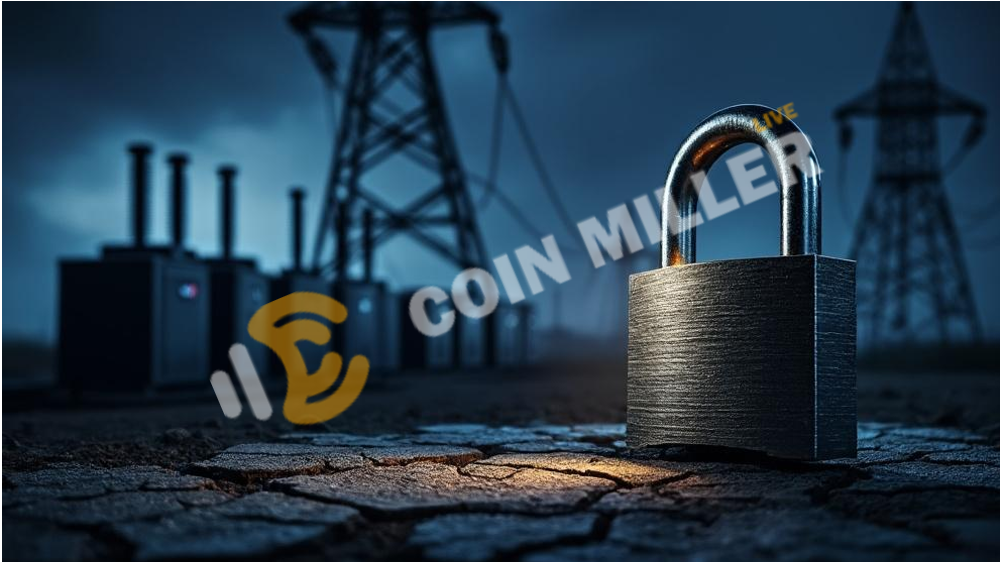Government Utility Adopts Bitcoin Mining
Japan has taken a significant step by integrating Bitcoin mining into its national energy infrastructure. A major regional utility, partly government-owned, is now using specialized mining hardware from Canaan to help balance the country’s power grid. This marks one of the first instances where a national government is directly involved in cryptocurrency mining operations.
The project uses 4.5 megawatts of Canaan’s Avalon hydro-cooled mining machines. These servers are designed to shut down during periods of peak electricity demand and restart when there’s excess renewable energy available. It’s a practical approach to managing grid fluctuations while putting surplus green power to work.
I think what’s interesting here is how this changes the conversation around Bitcoin’s environmental impact. Instead of viewing mining as purely energy-intensive, Japan is showing how it can actually help optimize renewable energy usage. The utility can essentially use mining as a flexible load that can be turned on and off as needed.
Canaan’s Strategic Recovery
This deal comes at a crucial time for Canaan. The company recently avoided being delisted from Nasdaq and has been working to rebuild its position in the market. Securing this government-linked contract represents their largest miner order to date, which is quite significant given the competitive landscape.
The 4.5 MW project might seem modest in scale, but its symbolic importance is substantial. It demonstrates that established industrial players are beginning to see value in Bitcoin mining beyond just cryptocurrency speculation. Canaan plans to expand similar grid-balancing projects across Asia, Europe, and North America, using Japan as their initial test case.
Broader Policy Implications
Japan’s power sector structure makes this development particularly noteworthy. The country has ten regional utilities, all with some degree of government ownership and oversight. This means the mining initiative isn’t just another private business venture—it’s effectively part of state infrastructure planning.
There have been rumors for years about Japanese utilities quietly mining Bitcoin, particularly TEPCO, but nothing was ever confirmed. Now we have concrete evidence of government-linked participation. This aligns with Japan’s broader digital asset reforms, including reclassifying cryptocurrencies and simplifying tax regulations.
The timing seems deliberate. Japan appears to be positioning itself as a leader in sustainable crypto adoption, moving from criticism to practical innovation. By using mining to absorb excess renewable energy, they’re addressing environmental concerns while advancing their digital economy goals.
What strikes me is how this could influence other developed economies. If Japan successfully demonstrates that Bitcoin mining can support grid stability and renewable energy integration, we might see similar approaches elsewhere. It represents a shift from viewing crypto mining as purely speculative to recognizing its potential utility in energy management.
Of course, there are still questions about scalability and long-term viability. But for now, Japan’s experiment offers a compelling case study in how cryptocurrency operations can be integrated with national infrastructure priorities.







